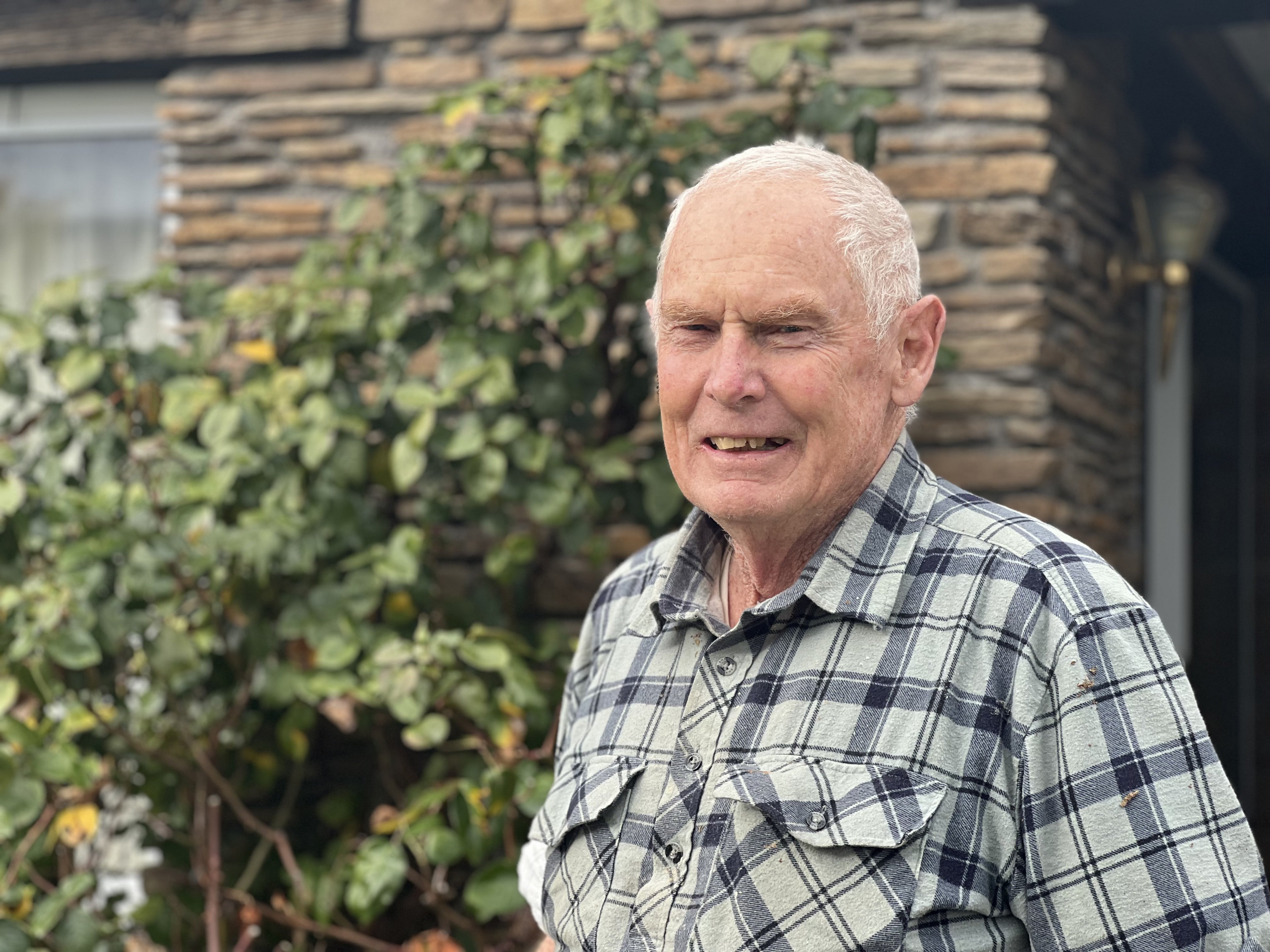
Mr George hoped sharing his story would push the Central Otago District Council to take a tougher line on gaming machines.
But he was left disappointed after councillors rejected a proposed sinking-lid policy.
Mr George provided the mayor and councillors with a heartbreaking account of how "playing the pokies" had become a serious problem for several people close to him.
Speaking to a full council meeting about his submission on the council’s class 4 gambling and board venue policy, Mr George described one loved one as having been a "pok-aholic".
He graphically detailed the impact he had seen gambling addictions have across households, telling of money lost, the struggle to put food on the table and a marriage destroyed.
Mr George, an experienced community worker, said those he knew impacted by problem gambling were not "down-and-outs", but people with successful careers and family support, yet the impacts of their addictions were "awful".
"People end up at the bottom of the heap, in such a bad space."
However, neither Mr George’s story nor the pleas from health workers and researchers for a more restrictive approach to gaming machines managed to sway the council’s elected members, who overwhelmingly voted to keep the status quo.
In doing so, they went against the recommendation of council staff.
CODC senior strategy adviser Alix Crosbie told elected members at the meeting it had been a tough job finding "transparent" information sources to inform the council debate, but by her calculations Central Otago was the "third-lowest receiver of grants in relation to expenditure in gaming machines".
She advised elected members there were two choices in front of them.
"We either sit at the table [with gaming societies] and negotiate and gamble on increasing the amount of community good [by demanding more grant money in the district], or we walk away and gamble on reducing the amount of community harm".
Those around the decision-making table commented the consultation had been dominated by representative bodies and national organisations — other than Mr George’s presentation, elected members said they were largely in the dark as to community sentiment on the policy.
But what was clear for them was how well received gambling grants were for community groups — and they were hesitant to put that at risk.
Councillors were told the Alexandra Blossom Festival, Cromwell College, the Alexandra Cricket Club and Central Otago Health Services were among local recipients of pokie profits.
Otago Rugby Football Union chief executive Richard Kinley spoke at the meeting, saying his organisation had long been a recipient of gaming funding and it formed "a critical part" of its ability to deliver community rugby across the region.
He said the union was under financial pressure and would have "no choice but to reassess" delivery of community rugby if pokie funding was cut.
"We don’t want costs to be a barrier for children to participate in sport."
Other speakers warned councillors while the benefits of pokie machines funnelling money into community groups were easy to see, the harm caused by them often stayed behind closed doors.
Michael Bouchard, of Health New Zealand Te Whatu Ora, pushed hard for a more restrictive gambling policy and commended council staff on their recommendation that would have moved the district in that direction.
"We can’t fix health problems by an ambulance at the bottom of the cliff — We can’t fix gambling harm by treating individual people."
Jarrod True, speaking on behalf of the Gaming Machine Association, called the council’s status quo approach "perfectly reasonable" and said he saw no need to ditch it for an "overly restrictive policy" when there was "no documented need" in the district.
- By Kim Bowden












